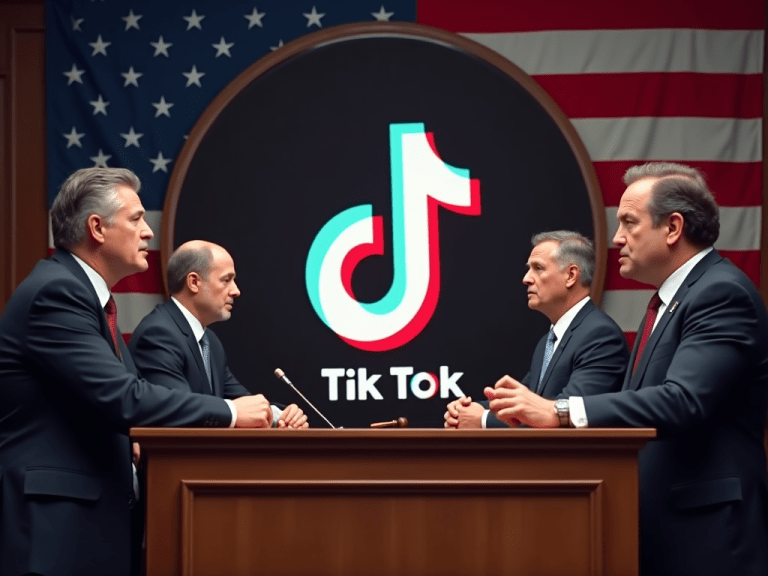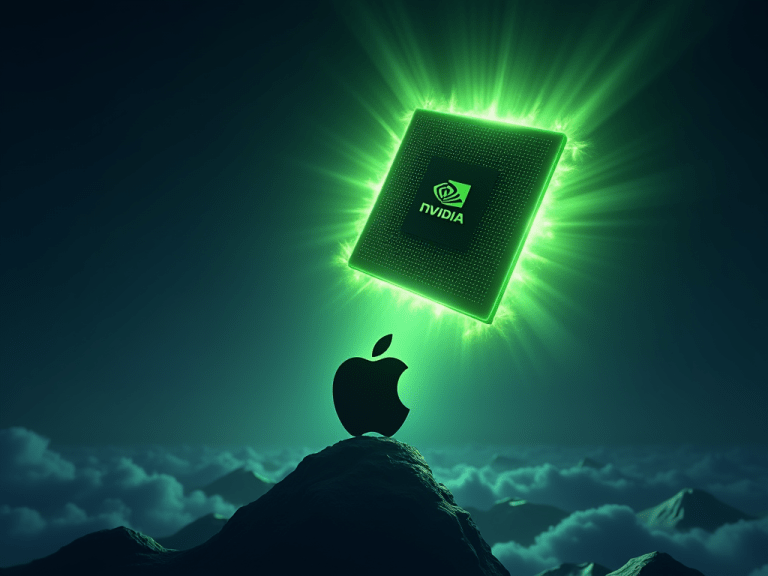Google Achieves Quantum Computing Breakthrough with Sycamore Processor
October 12, 2024 — Google has made a significant leap in quantum computing, demonstrating that its Sycamore quantum processor can outperform classical supercomputers under specific conditions. This achievement marks a significant step toward practical quantum supremacy, a goal that researchers in the field have long pursued.
Quantum Supremacy: A New Milestone
Google’s Sycamore processor has once again proven its potential by performing complex computations that classical computers cannot replicate. The key to this breakthrough lies in reducing noise interference below a critical threshold. When this noise is sufficiently minimized, the quantum system enters a “weak noise phase,” where its computational complexity surpasses that of classical systems. This was demonstrated using random circuit sampling, a benchmark test that evaluates the performance of quantum processors compared to classical supercomputers.
In this low-noise environment, Google’s 67-qubit Sycamore processor achieved results that would take classical supercomputers thousands or even millions of years to complete. This finding builds on Google’s earlier claim of quantum supremacy in 2019, when the Sycamore processor completed a task in 200 seconds that would have taken classical supercomputers thousands of years. However, with this breakthrough, Google’s team has refined their methods and significantly reduced error rates.
Error Reduction: A Path to Practical Applications
One of the biggest challenges in quantum computing has been the high error rates caused by environmental noise, such as temperature fluctuations and magnetic fields. Google’s latest research demonstrates that quantum computers can become more reliable and efficient for real-world applications by reducing these errors. The team achieved this by placing the Sycamore chip in an ultra-cold environment near absolute zero, stabilizing the qubits and allowing for more precise calculations.
This reduction in error rates is crucial because it brings quantum computers closer to being able to perform useful tasks beyond theoretical benchmarks. Google’s research suggests that even in the current Noisy Intermediate-Scale Quantum (NISQ) era—where fully fault-tolerant quantum computers are not yet available—quantum systems can still outperform classical computers in certain tasks.
Implications for Industry
The implications of this breakthrough are vast. Quantum computing holds the potential to revolutionize industries reliant on solving complex computational problems, such as cryptography, materials science, drug discovery, and financial modeling. By outperforming classical systems in specific areas, quantum computers could unlock new capabilities in simulating chemical reactions, optimizing supply chains, and developing new materials.
For example, recent advancements in ultra-pure silicon have paved the way for scalable quantum computing by allowing the construction of high-performance qubit devices. These developments could lead to breakthroughs in areas like artificial intelligence and secure communications. However, experts caution that while this is a significant milestone, there is still much work to be done before quantum computers can be widely applied to practical problems.
Looking Ahead: Toward Real-World Applications
Google’s latest achievement is a promising step toward realizing quantum computing’s full potential. The company’s researchers are now focused on developing practical applications that classical computers cannot replicate. According to Google’s Quantum AI team, their next challenge is demonstrating “beyond classical” applications with real-world impact.
As Google continues to refine its technology and reduce error rates, industries across the globe are preparing for the transformative possibilities that quantum computing could bring. While we may still be years away from fully fault-tolerant quantum computers, Google’s progress suggests that even today’s noisy quantum systems can provide valuable solutions to some of the world’s most complex problems.
This breakthrough signals a new era in computing—one where quantum systems begin to outpace classical machines in specific domains, offering unprecedented opportunities for innovation and discovery.







